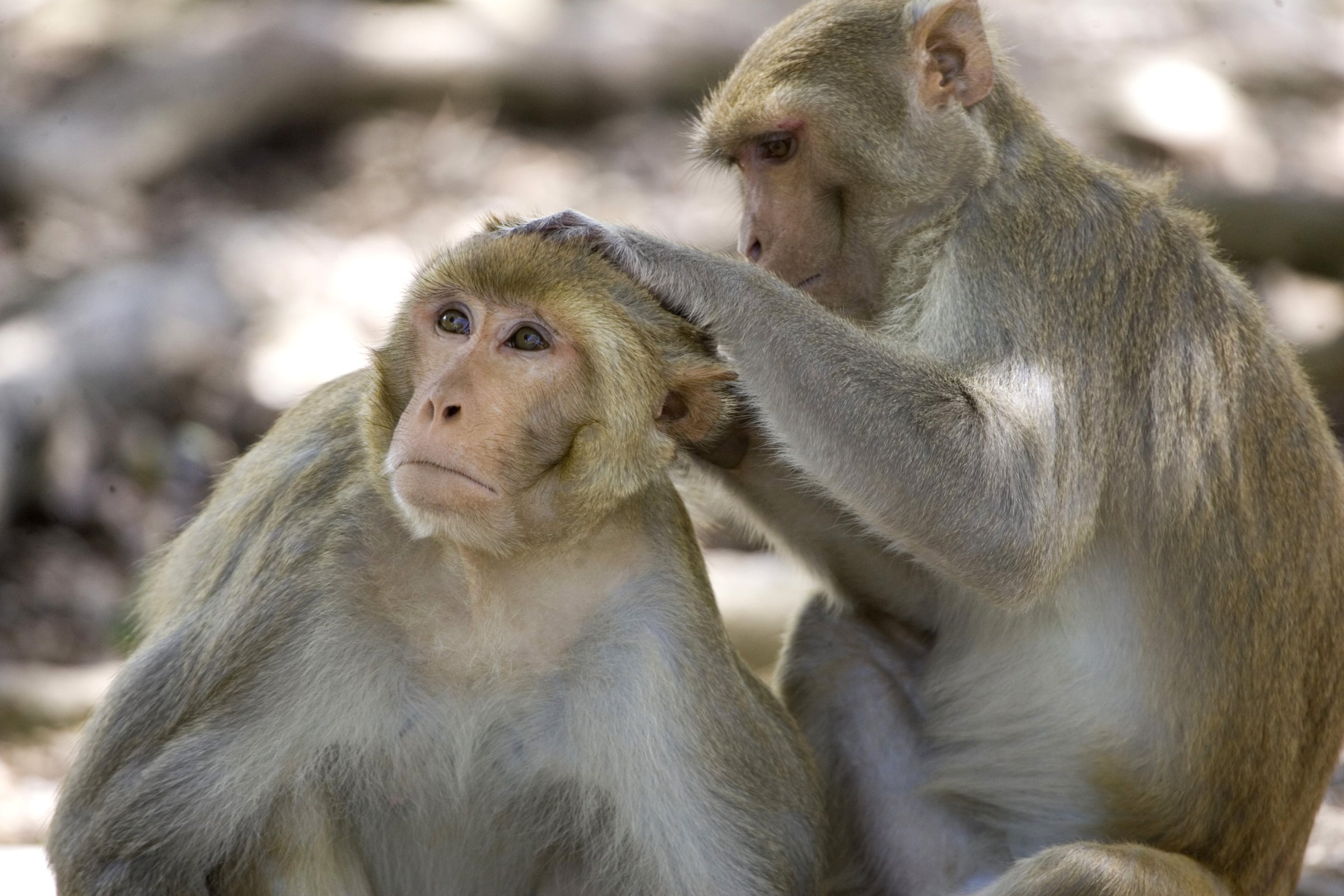
Male rhesus macaque monkeys prefer the company of their fathers, according to a new study, marking one of the first times gender partiality has been exhibited in primates before they leave the colony.
Rhesus macaques are generally found in Asia, but by studying a colony on the small Puerto Rican island of Cayo Santiago the team was able to identify individual moneys and document socialization patterns, according to the BBC, citing a report in the American Journal of Primatology.
Researchers discovered that infants and juveniles spent more time with their mothers, but as they developed into adulthood the role of the father (and his relatives) becomes increasingly important.
Scientists think this is because male monkeys eventually leave the colony, so young adults spend more time with their fathers to help them prepare for the challenges of a nomadic lifestyle.
While gender preference had been observed in primates before, the new study shows that parental bias begins before the males go off on their own — a departure from the previous idea that favoritism is the result of females forming strong bonds with their relatives by remaining in the group when the males leave.
[BBC]
See The Best Biology Photos Of The Year
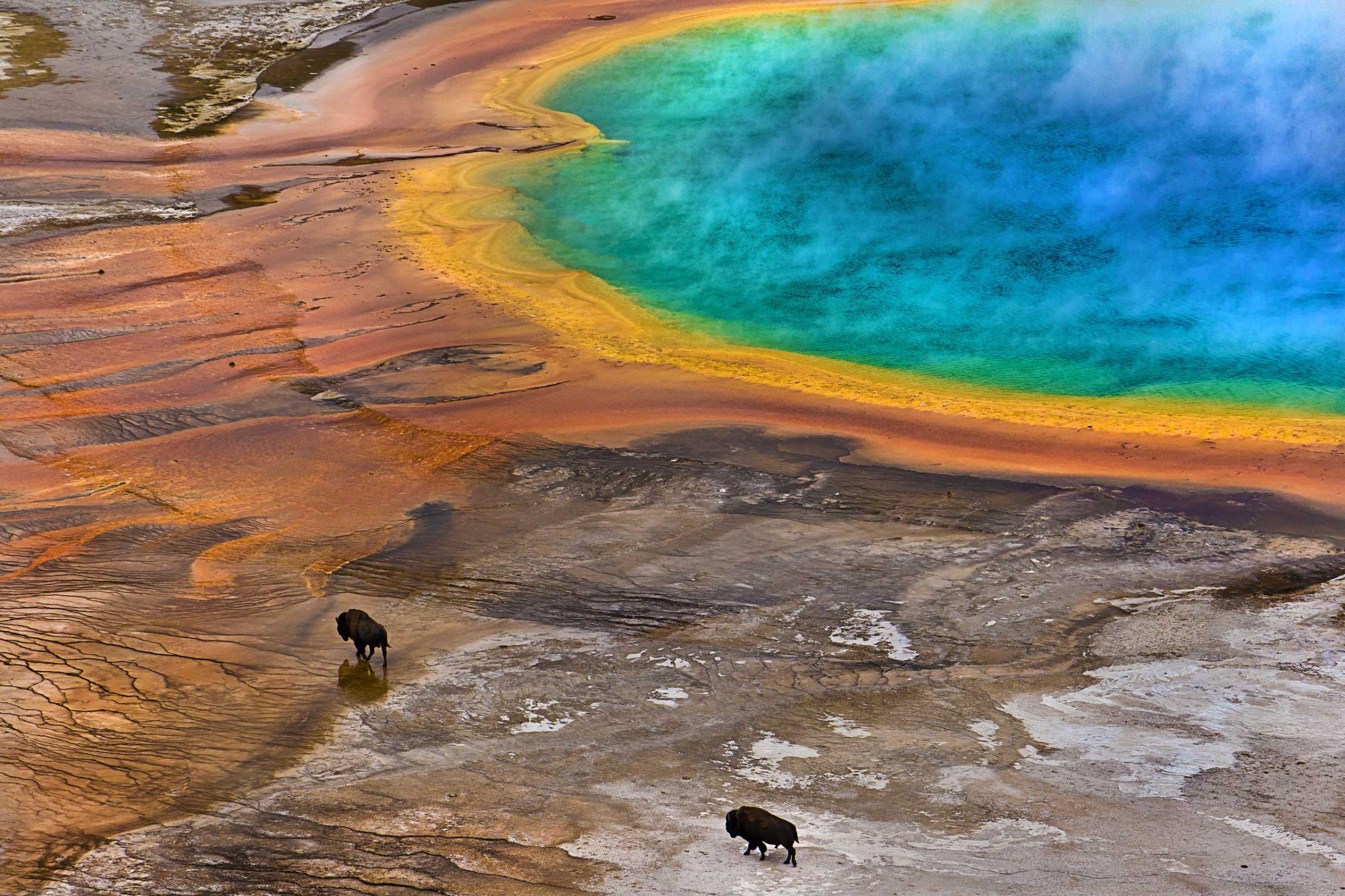

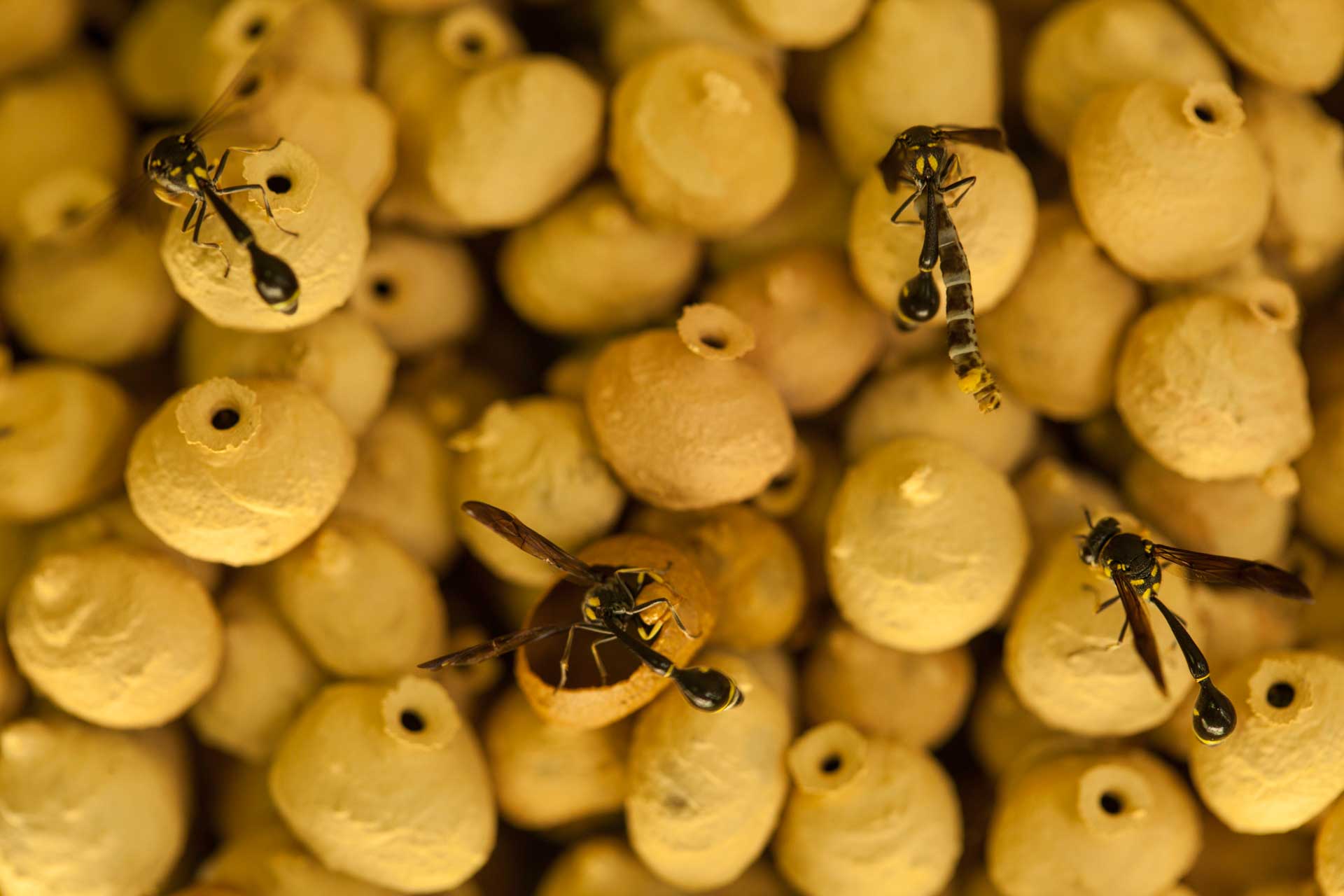

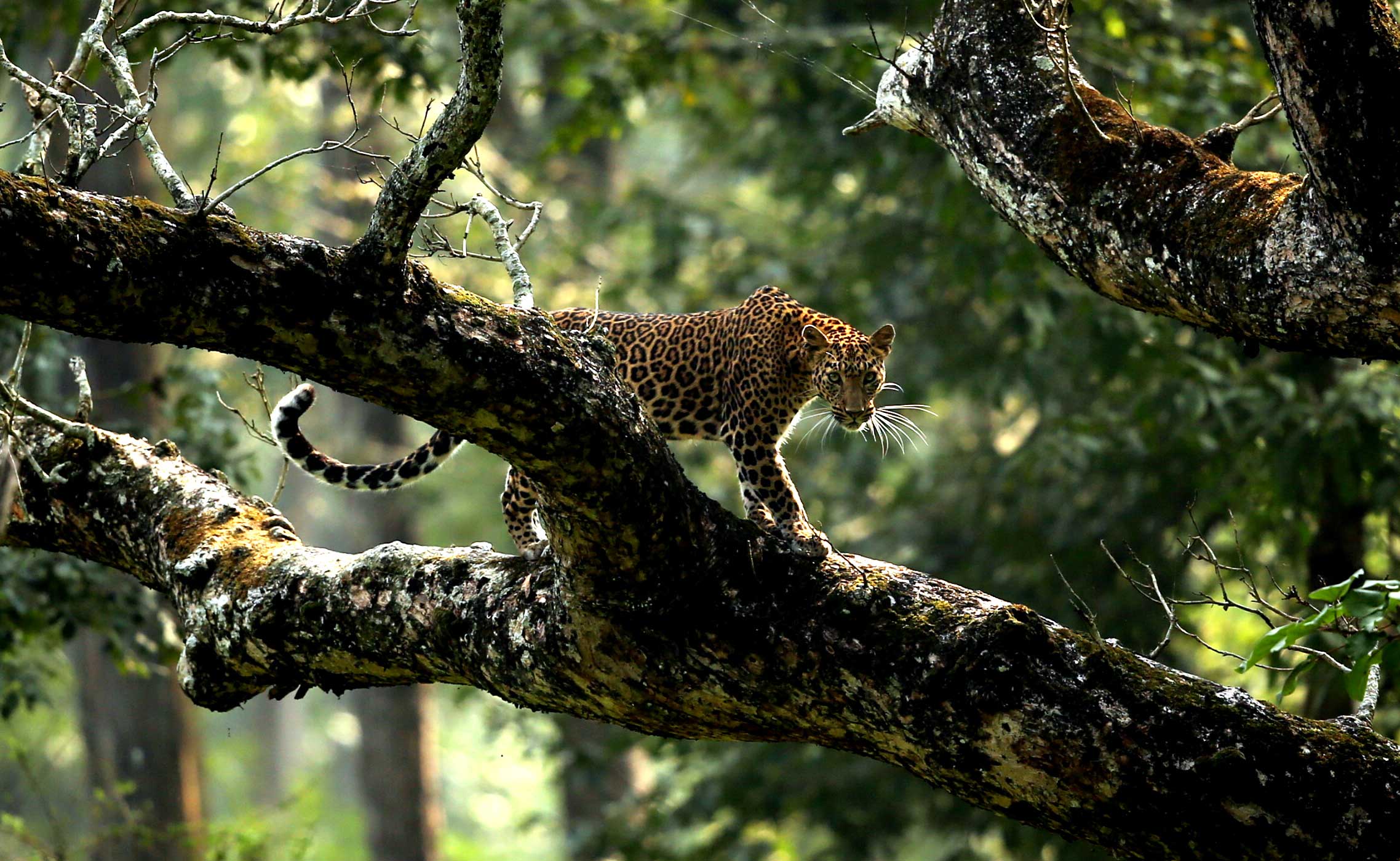
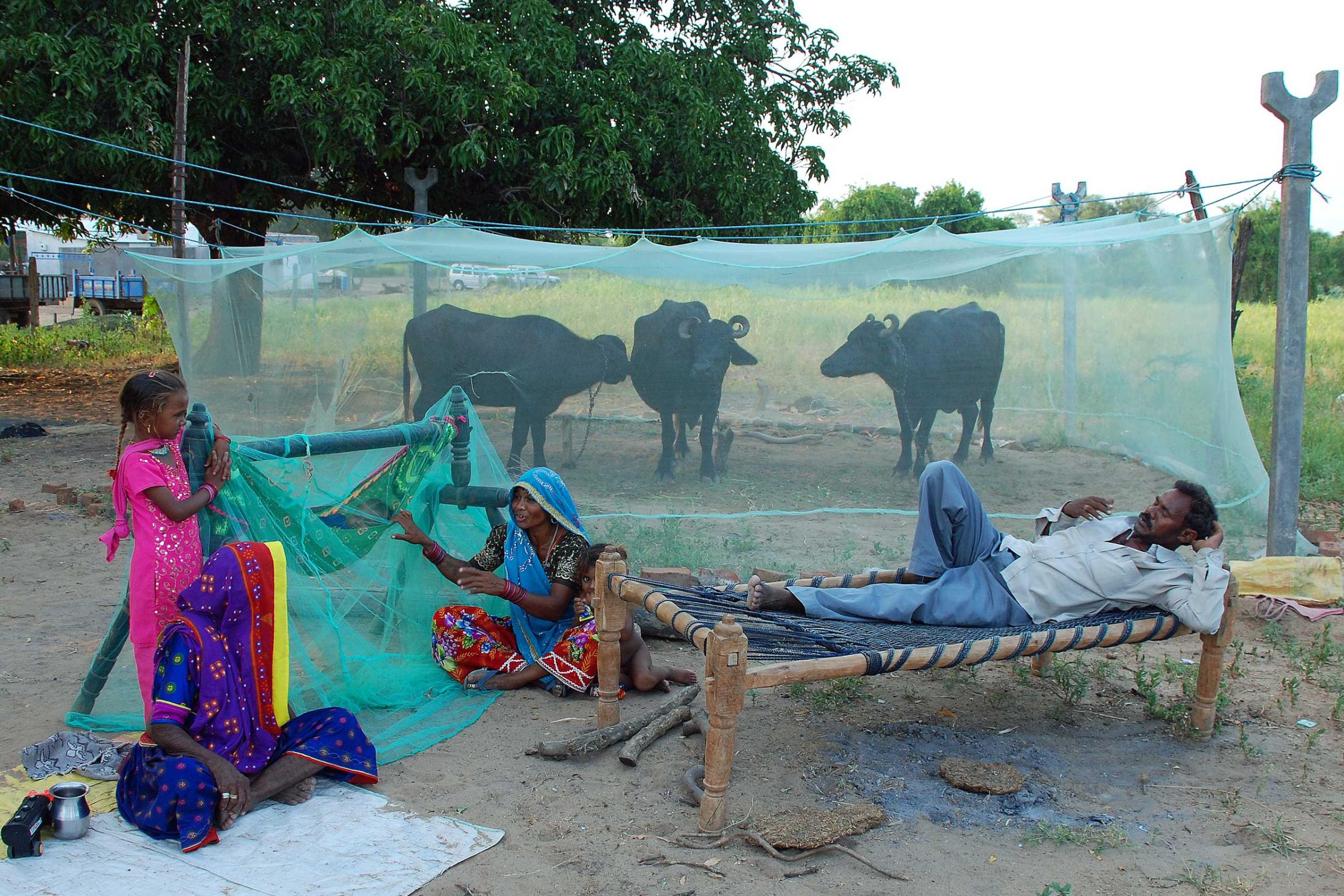
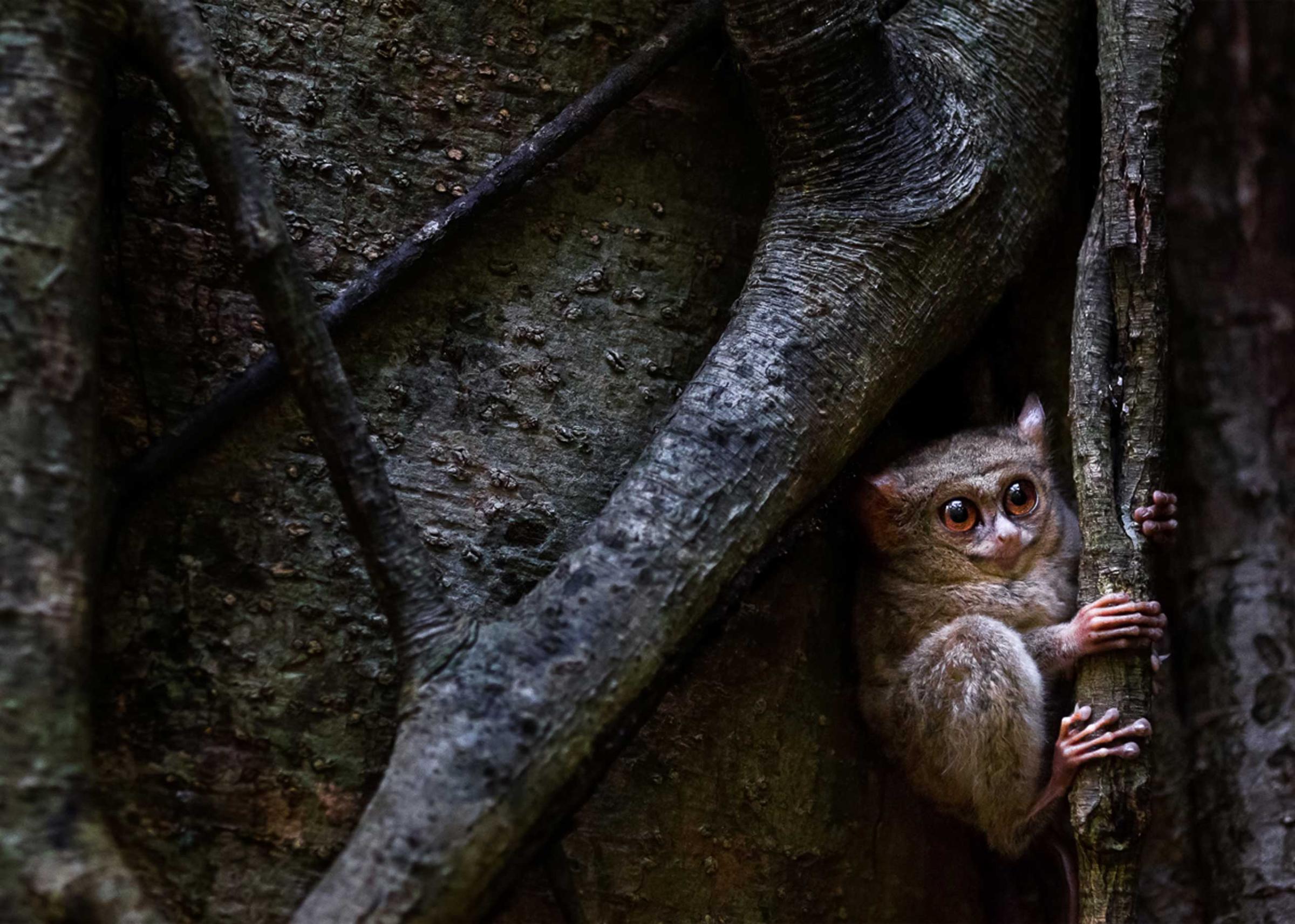

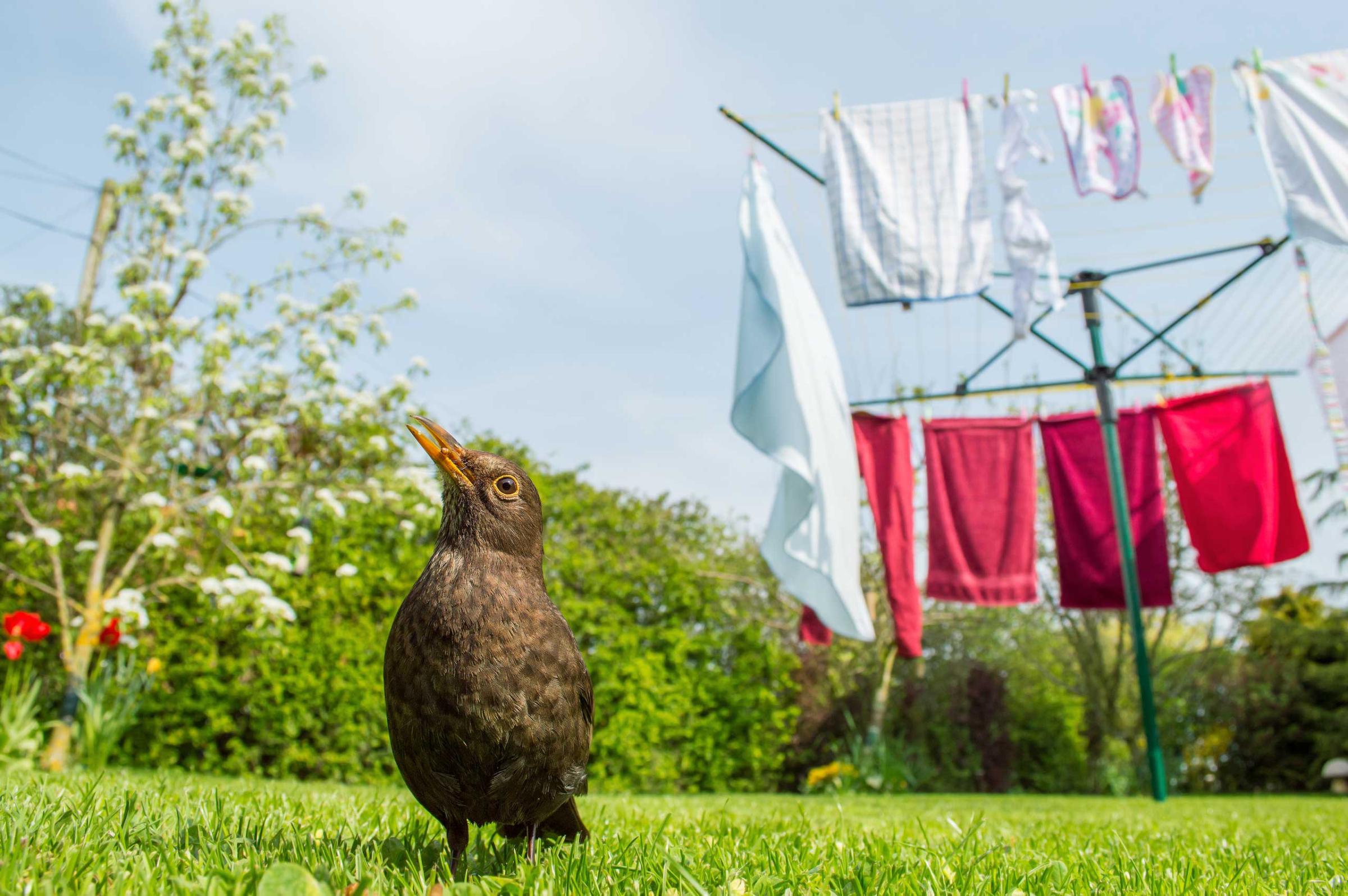
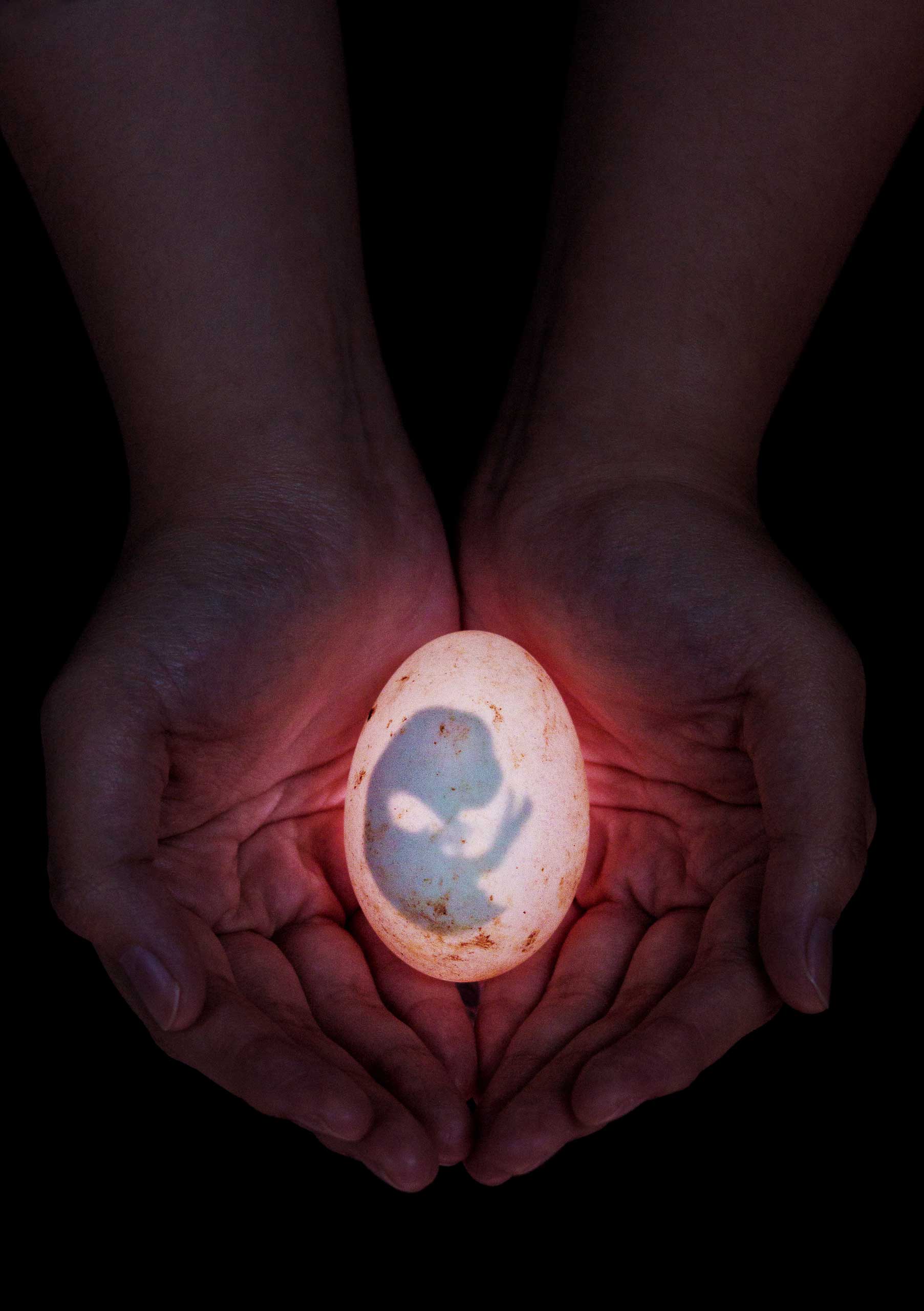
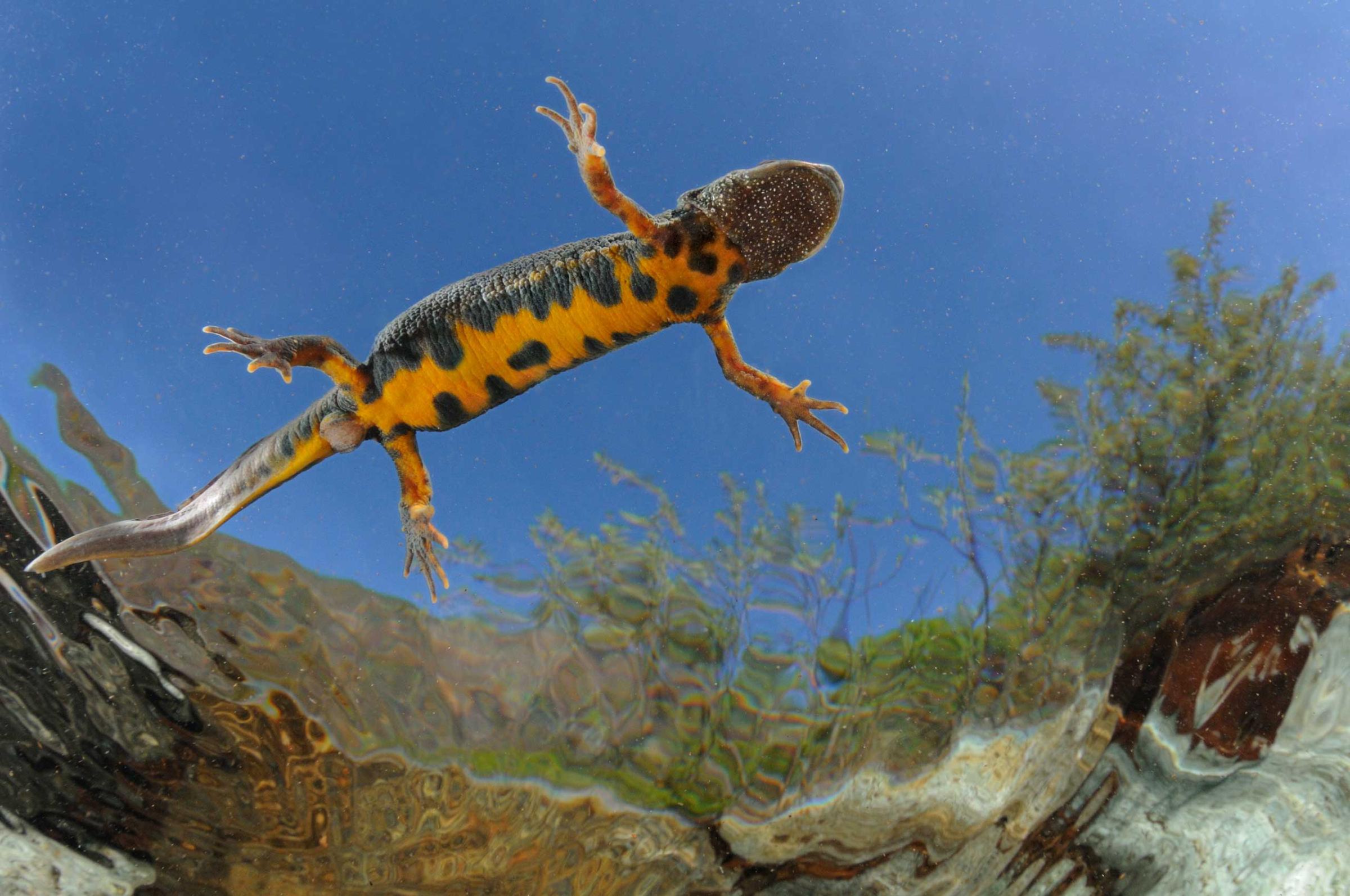

More Must-Reads from TIME
- Donald Trump Is TIME's 2024 Person of the Year
- Why We Chose Trump as Person of the Year
- Is Intermittent Fasting Good or Bad for You?
- The 100 Must-Read Books of 2024
- The 20 Best Christmas TV Episodes
- Column: If Optimism Feels Ridiculous Now, Try Hope
- The Future of Climate Action Is Trade Policy
- Merle Bombardieri Is Helping People Make the Baby Decision
Contact us at letters@time.com